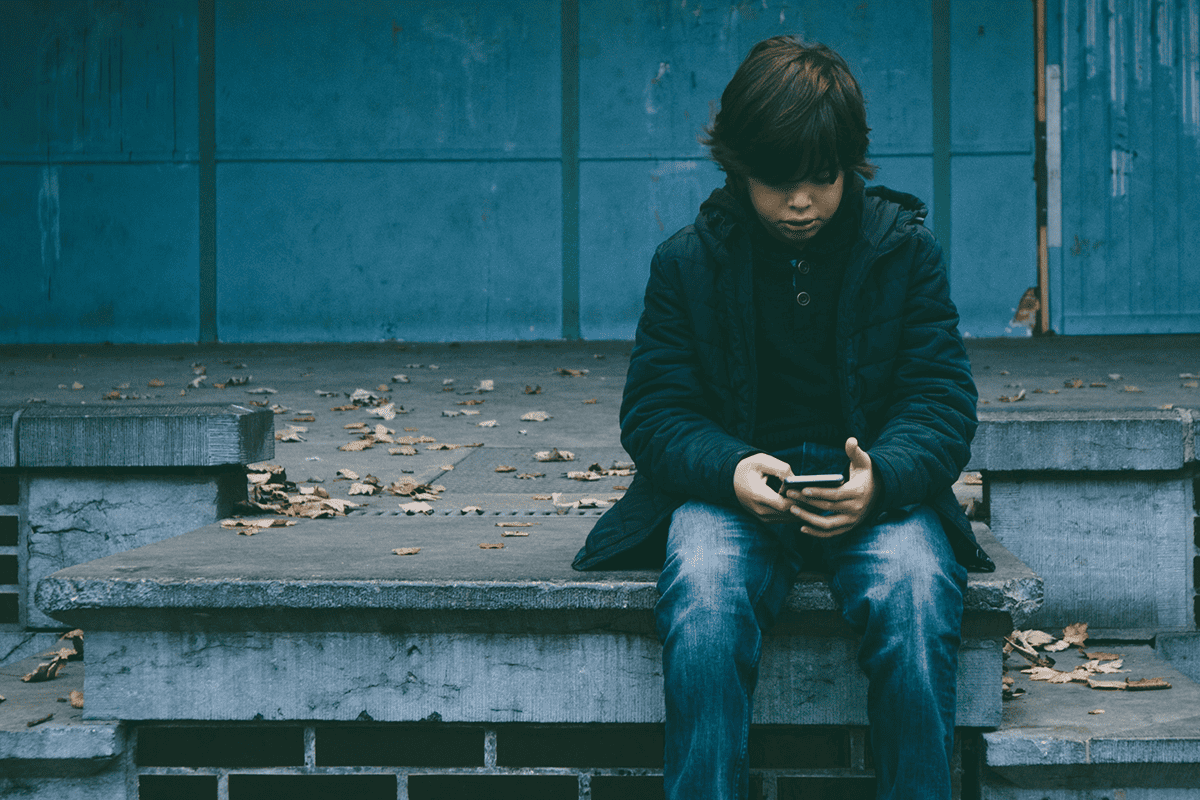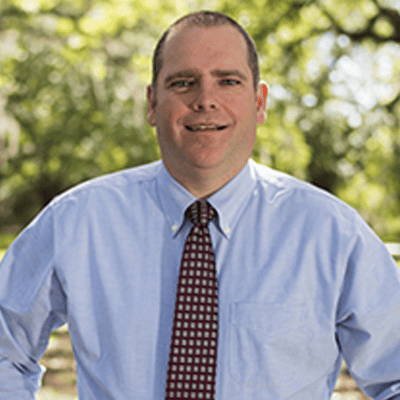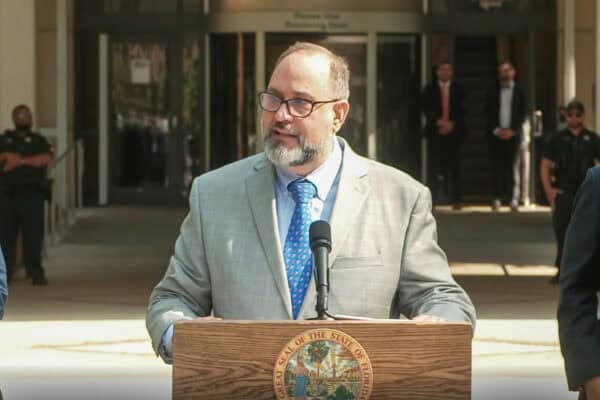To protect children, state prosecutors support HB 1

TALLAHASSEE, Fla. – At its core, the role of a prosecuting attorney is to make their community safe. In doing so, we talk with victims, survivors, and representatives of those harmed, consider the evidence and circumstances, and make hundreds of judgments on how to achieve justice.
As we considered the impacts of House Bill 1, a ban on social media platforms for Florida minors under 16, we took great care in considering those same factors.
Do these platforms rise to the level of presenting an inherent threat to Florida’s children? Do we see this technology being used against our victims? Should we protect our children from this danger as we do so many others? As Florida’s State Prosecuting Attorneys, we unanimously voted yes.
The heartbreaking cases that come before our offices stretch across every county in our state and reveal the consequences of what doing nothing to regulate social media looks like. These issues affect us all and are not isolated to a zip code, socio-economic indicators, or gender.
Across the state. we work with school officials to stem violence. Each week, we have to arrest high school teens after videos of huge on-campus brawls are posted on social media.
We then find that these fights were orchestrated on these same platforms. The children wanting greater notoriety due to the viciousness and violence recorded.
In Leon County, this peaked when social media broadcast live a teen being ambushed, shot, and killed. The viewers, and later his family members, were able to listen to his final breaths.
Today, the high school student turn murderer is spending years in prison. What a senseless loss. We also rescued teens from a sexual predator. Three times in two months he lured young teens to his home after grooming them on Facebook.
He sent uber cars to pick them up because they were too young to drive, but then fed them alcohol to loosen their ambitions. After sexually molesting them, he returned to social media to find his next victim.
Case after tragic case, when we review the evidence and connect the dots in especially heinous crimes involving minors, we find that social media plays an overwhelming role. Social media is that dark alley we used to warn our kids about. Yet, it is the one they compulsively seek to meet friends and make connections.
Similar to where real-life predators used to stalk, this virtual dark alley is now where online predators take advantage to search, target, and prey on Florida’s youth. Where yesterday’s laws banned such predators from frequenting playgrounds and ball fields, we agree that we must separate our children in this new arena.
Statistics tell only part of the story. Every state attorney in Florida can show you a case of social media assisted sexual victimization.
A predator will target a victim on social media, befriend them, and eventually convince them to send them explicit photos or meet them in person. As part of their grooming, they encourage minors to hide their relationship from their parents and instruct them how to do it.
But sadly, the victimization does not end there. Not only do they use these platforms to access minors, they trade illicit materials as well. The sexual victimization of these children persists as these images are traded like baseball cards in social media chatrooms that attempts to normalize and celebrate pedophilia.
Lisa Thelwell, a former assistant state attorney in Miami Dade, recently said, “Almost every single case that I have dealt with when it comes to dealing with child predators and human trafficking, too, there is an aspect of social media involved, like, one hundred percent. They’re all communicating on various platforms.”
Social media is a powerful tool. Like cars, guns, tobacco, and alcohol, we have laws to protect children from the life altering consequences of these tools being used against them. It’s time we view social media with the same ability to cause irreparable harm.
As prosecuting attorneys, we see more evidence of harm than most people. We know the role social media plays in corrupting Florida’s minors. That is why we unanimously supported the Legislature’s effort in House Bill 1 and hope you will do the same.
Jack Campbell is the state attorney for Florida’s 2nd Judicial Circuit.



